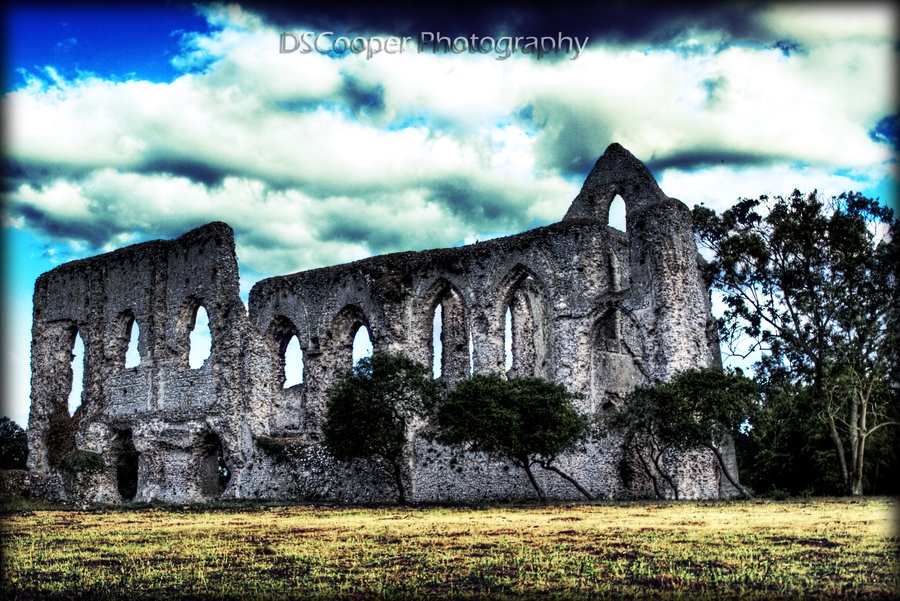Eldest of seven children and only son and heir of Henry Plantagenet and Matilda de Chaworth. Grandson of Edmund Crouchback of England and Blanche de Artois, Sir Patrick de Chaworth and Isabel de Beauchamp. Grandfather of King Henry IV of England. Born at Grosmont Castle, Wales.
Husband of Isabella Beaumont, daughter of Lord Henry and Alice Comyn, daughter of Sir Alexander. They married before 23 June 1330 and had two daughters:
* Matilda de Plantagnet, who would marry Ralph de Stafford
* Blanche de Plantagenet, who would marry John of Gaunt and give birth to Henry IV, the King of England.
He allegedly had an illegitimate daughter, Juliane.
Henry became the Earl of Derby in 1337, Lord Beaufort in 1345, Earl of Lancaster in 1345, Earl of Leicester in 1345, invested as a Knight of the Garter in 1348, became Earl of Lincoln in 1349, then Duke of Lancaster in 1351, and the Earl of Moray in 1359 by David, King of Scotland.
Henry's uncle, Thomas of Lancaster, son and heir to Edmund Crouchback, the brother of King Edward I, was one of the most wealthiest men of his time, but quarrels with King Edward II resulted in his execution in 1322. With no heirs, his estates went to Henry's father, and in turn, to Henry.
Being more of the mind for battle then books, Henry was present at the Battle of Sluys in France, and committed himself as hostage for the king's debts in other countries, paying his own ransom for release. Henry was present at the siege of Calais and the victory at Winchelsea where he saved the lives of John of Gaunt and his brother, the Black Prince.
When Henry was declared Duke, the title was relatively new in England. That status, in addition to Lancaster given palatinate status for the county of Lancaster was a rarity and reflection of the King's high regard for Henry. Palatinate status meant a separate administration, independent of the crown, a grant that was quite exceptional in English history.
Henry returned to England in November of 1360, and fell ill from the plague at Leicester Castle the following year.
"After an illustrious career Duke Henry died on 23rd March 1361 at Leicester Castle probably from the plague which at that time was making a second visit to England. By this time the chantry college was a going concern, and its church was sufficiently complete to receive Duke Henry’s body. He was buried to the south of the high altar and according to A. Hamilton Thompson (1957) the remains of his father, the 3rd Earl, had already been moved there to a grave north of this altar.
"http://digitalbuildingheritage.our.dmu.ac.uk/2013/06/26/grave-addiction/
His estates and riches befell to his daughter Blanche, making her the most wealthy woman in England until her death from the plague in 1369. At a later date she too would succumb to the plague which killed her father and sister.
Eldest of seven children and only son and heir of Henry Plantagenet and Matilda de Chaworth. Grandson of Edmund Crouchback of England and Blanche de Artois, Sir Patrick de Chaworth and Isabel de Beauchamp. Grandfather of King Henry IV of England. Born at Grosmont Castle, Wales.
Husband of Isabella Beaumont, daughter of Lord Henry and Alice Comyn, daughter of Sir Alexander. They married before 23 June 1330 and had two daughters:
* Matilda de Plantagnet, who would marry Ralph de Stafford
* Blanche de Plantagenet, who would marry John of Gaunt and give birth to Henry IV, the King of England.
He allegedly had an illegitimate daughter, Juliane.
Henry became the Earl of Derby in 1337, Lord Beaufort in 1345, Earl of Lancaster in 1345, Earl of Leicester in 1345, invested as a Knight of the Garter in 1348, became Earl of Lincoln in 1349, then Duke of Lancaster in 1351, and the Earl of Moray in 1359 by David, King of Scotland.
Henry's uncle, Thomas of Lancaster, son and heir to Edmund Crouchback, the brother of King Edward I, was one of the most wealthiest men of his time, but quarrels with King Edward II resulted in his execution in 1322. With no heirs, his estates went to Henry's father, and in turn, to Henry.
Being more of the mind for battle then books, Henry was present at the Battle of Sluys in France, and committed himself as hostage for the king's debts in other countries, paying his own ransom for release. Henry was present at the siege of Calais and the victory at Winchelsea where he saved the lives of John of Gaunt and his brother, the Black Prince.
When Henry was declared Duke, the title was relatively new in England. That status, in addition to Lancaster given palatinate status for the county of Lancaster was a rarity and reflection of the King's high regard for Henry. Palatinate status meant a separate administration, independent of the crown, a grant that was quite exceptional in English history.
Henry returned to England in November of 1360, and fell ill from the plague at Leicester Castle the following year.
"After an illustrious career Duke Henry died on 23rd March 1361 at Leicester Castle probably from the plague which at that time was making a second visit to England. By this time the chantry college was a going concern, and its church was sufficiently complete to receive Duke Henry’s body. He was buried to the south of the high altar and according to A. Hamilton Thompson (1957) the remains of his father, the 3rd Earl, had already been moved there to a grave north of this altar.
"http://digitalbuildingheritage.our.dmu.ac.uk/2013/06/26/grave-addiction/
His estates and riches befell to his daughter Blanche, making her the most wealthy woman in England until her death from the plague in 1369. At a later date she too would succumb to the plague which killed her father and sister.
Family Members
Advertisement
Explore more
Sponsored by Ancestry
Advertisement










